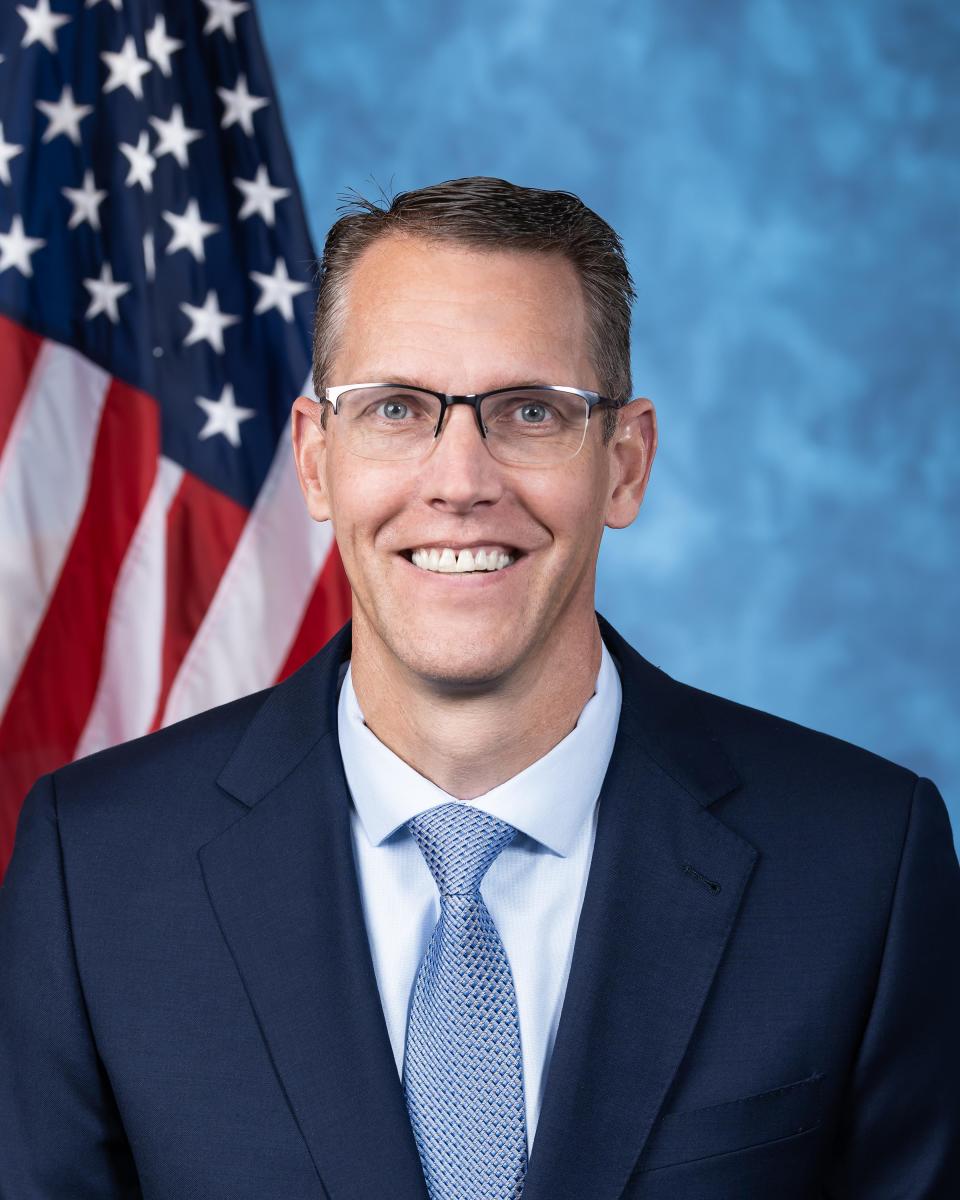Randy Feenstra guest column: Tackling our nation's most pressing yet overlooked crisis
In 1982, President Ronald Reagan famously remarked that “we don’t have a trillion-dollar debt because we haven’t taxed enough; we have a trillion-dollar debt because we spend too much.” Exactly forty years later, these words still ring true as Washington’s addiction to spending has only worsened. In fact, since the day that President Reagan aptly described our serious debt crisis decades ago, our national debt has grown 30-fold, ballooning from a “modest” $1.1 trillion to more than $31 trillion today. This unsustainable trajectory needs to be reversed to protect our families, our economy, and our nation from facing serious financial ruin.
While the national debt seems like an abstract, irrelevant figure that can grow exponentially without any ramifications, American families will suffer the consequences if we fail to get our fiscal house in order. With prices for gas, groceries, and everyday household items smashing 40-year highs, reducing our debt becomes an even more daunting challenge as the Federal Reserve raises interest rates to combat crippling inflation, spurring a dangerous debt spiral that will substantially increase our debt payments down the line. For this reason and many others, we need to implement common-sense reforms in the short term that will pay dividends in the long term and benefit American workers and families who stand to lose the most from an unchecked debt crisis.
First, we need to bring fiscal responsibility back to Congress and end the backroom, government-funding deals that funnel hundreds of billions of taxpayer dollars to unaccountable bureaucrats, special interests, and unfunded government mandates that consistently fail to produce the real, positive results that private enterprise and small businesses deliver to our local communities. Regrettably, this embrace of uncontrolled spending has only accelerated in recent years. Since 1990, our debt has grown tenfold, and in the last year and a half alone, Congress has doled out more than $7 trillion in no-strings-attached spending to completely transform the American economy into a government-dependent nanny state, undercutting the accomplishments of entrepreneurs, small business owners, and families who have worked hard to live their own version of the American Dream.
Even worse, decisions like President Joe Biden’s recent executive order to forgive student loan debt for the wealthiest and most educated Americans will add $600 billion to the debt over 10 years and, ultimately, return the total amount of federal student loan debt to current levels, roughly $1.6 trillion, within five years. This is a slap in the face to hardworking taxpayers who did the right thing and responsibly paid off their loans without wasteful government intervention that benefits well-off college graduates at the expense of middle-class families and skilled workers who chose to pursue different opportunities.
Second, we need to ban earmarks. Earlier this year, I voted against Speaker Nancy Pelosi’s $1.5 trillion omnibus spending package, which included thousands of wasteful earmarks for liberal priorities in blue states. This practice was eradicated in 2011 when Republicans regained the majority in the House of Representatives, and I voted against bringing them back during my first term in Congress. It’s past time we enact common-sense policies — like a federal balanced budget amendment — to fight inflation, reduce our debt, and establish a stronger fiscal foundation for the future; not encourage trillions of dollars in government spending, especially while Iowa families are paying the highest prices for groceries and gas in decades.
Finally, we need to fundamentally reduce the size of the growing federal bureaucracy and drastically simplify our overly complex tax code. That’s why I helped introduce the Family and Small Business Taxpayer Protection Act to prevent the Biden administration from hiring 87,000 new IRS agents, which would raise taxes on Iowa families and cause unnecessary headaches for small-business owners. Instead of auditing small businesses, middle-class families, and family farms who do not possess the time or resources to endure a lengthy, stressful audit, we need to simplify the tax code, stop the ridiculous expansion of the IRS, and let taxpayers keep more of their hard-earned money.
Our debt crisis is one of the most pressing challenges of our time; it is a matter of national and financial security that can no longer be ignored. Countries like China are purchasing our debt at record pace, indebting future generations to our economic and geopolitical foes. As your voice in Congress, I will continue to work to resolve this crisis before it becomes an insurmountable and devastating impediment to the future prosperity and economic might of our great nation. Inaction is not an option.
Congressman Randy Feenstra represents Iowa’s 4th Congressional District.

This article originally appeared on Des Moines Register: Opinion: Tackling our nation's most pressing yet overlooked crisis

